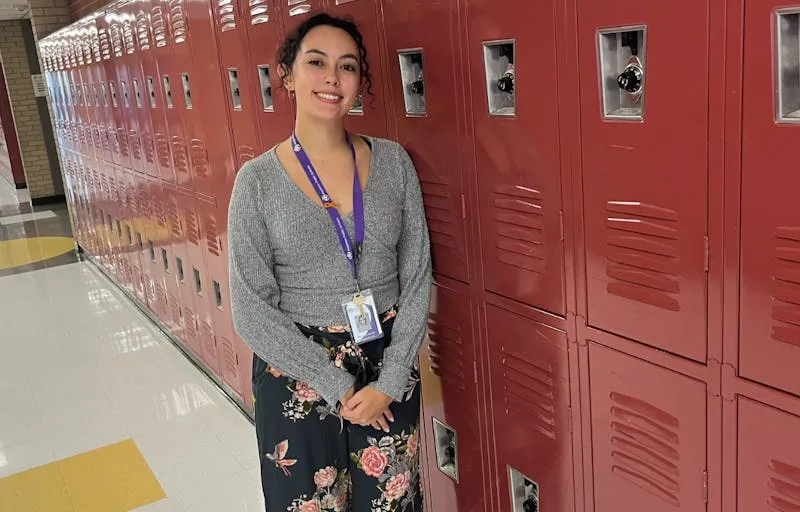After months of uncertainty over who will lead the University of Florida, the Board of Trustees tapped Donald Landry as interim president in a unanimous vote at a meeting Monday morning.
Landry, chair emeritus of the Department of Medicine at Columbia University, will replace outgoing interim president Kent Fuchs, whose contract ends on Sept. 1. The appointment comes after the Florida Board of Governors rejected Santa Ono as UF’s next leader in June over his past support of diversity, equity and inclusion efforts, despite the university’s trustees approving the hire.
Landry, who is currently president of the American Academy of Sciences and Letters, will officially step into the job on Sept. 1, pending successful contract negotiations. Details of Landry’s contract have not been released, but Ono was set to make about $3 million annually.
The interim hire will still need to be approved by the state’s Board of Governors.
UF’s New Leader
In a public hourlong interview during Monday’s board meeting, Landry promised that UF would be “neutral” under his leadership. However, he added a caveat.
“A neutral university, paradoxically, in this nation at the moment would be a conservative university. Not espousing conservative values, certainly not indoctrinating in conservatism,” Landry said. “We’d be neutral. We wouldn’t choose sides.”
Landry also criticized Columbia faculty and administrators for failing to respond to concerns about antisemitism amid pro-Palestinian student protests last year. Last month the university reached a settlement with the federal government that included sweeping reforms to academic programs, speech and disciplinary policies, as well as a $221 million payout.
“I saw things at Columbia that suggested an alignment between some faculty and students that I think encouraged the students to do things that were more reckless,” Landry told UF’s board.
At another point, when asked about DEI, he said when it “first emerged it was a bit vague what it actually meant” but “by the time it crystallized it was clear [DEI] had gone too far.” Landry added that he was thankful the “government has intervened and returned us to a rational meritocracy.”
Landry also cast himself as someone who resisted DEI at Columbia when it was “being implemented widely at every level, from the very top down to the smallest unit,” adding that “the Department of Medicine never wavered in its commitment to excellence” in his time there. Landry vowed to uphold state laws barring spending on DEI at Florida’s public institutions.
A physician by training, Landry has degrees from Lafayette College, Harvard University and Columbia’s College of Physicians and Surgeons. In 2008, President George W. Bush awarded Landry the Presidential Citizens Medal for his work on stem cell research, which used embryos that did not survive in vitro fertilization. Bush lauded Landry as a man of science and faith, crediting his approach to stem cell research. Landry was also on the President’s Council on Bioethics during the Bush administration.
Landry has also brought his scientific training to bear on other political debates. In early 2024, he filed a brief in a Supreme Court case in support of former Florida attorney general Ashley Moody and Texas attorney general Ken Paxton, who were sued by a technology trade group over laws passed in both states seeking to limit content moderation on social media platforms. Landry expressed concerns about censoring alternative perspectives, arguing that “the danger of censoring scientific dissent is painfully apparent from the conduct of social media platforms during the COVID-19 crisis,” which “reinforced prevailing opinion and allied government policy by suppressing dissent on a host of scientific questions.”
SCOTUS ultimately remanded the case to the lower courts.
Landry has also praised Jay Bhattacharya, director of the National Institutes of Health and an epidemiologist who was skeptical of the dangers of COVID-19 and prevention measures such as stay-at-home orders. Last year Landry said that Bhattacharya refused “to compromise his scientific findings,” thus risking “his own personal and professional self-interest, repeatedly, without hesitation, to take a stand for the public’s right to unrestricted scientific discussion and debate.”
‘A Great Selection’
UF Board of Trustees chair Mori Hosseini emphasized Landry’s scientific background in a news release announcing the hire, stating the new interim president “has shown exceptional leadership in academia and beyond, building programs with innovation, energy and integrity.”
Chris Rufo, the conservative anti-DEI activist who helped tank Ono’s chances at the UF presidency through an online campaign highlighting his past statements, praised the hire.
“Dr. Landry is a principled leader who will reverse ideological capture and restore truth-seeking within the institution. Kudos to the UF board of trustees on a great selection,” Rufo wrote on social media.
Alan Levine, a member of the Florida Board of Governors who voted against hiring Ono, also praised the selection in a post on X, calling Landry “an excellent choice” for the UF interim presidency.
Landry is expected to serve as interim president while UF begins a national search for its next leader. The university has been without a permanent president since former Republican senator Ben Sasse of Nebraska abruptly resigned from the job shortly before a spending scandal emerged.


